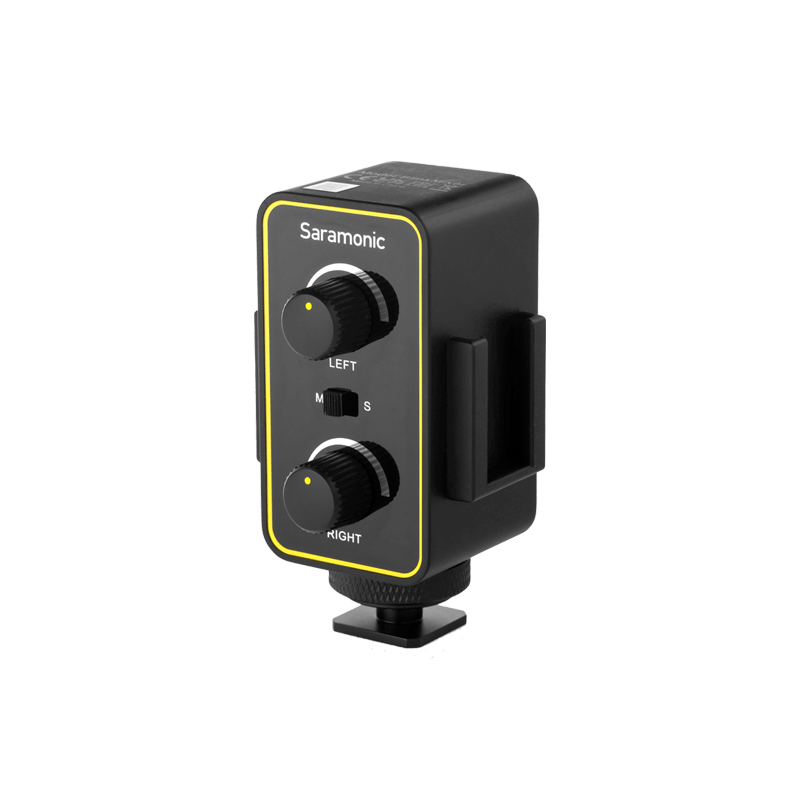Unlock Your Sound: The Ultimate Guide to Choosing Your Perfect Audio Mixer!
In the world of sound production, the audio mixer plays a pivotal role in shaping the quality and character of the final output. Whether you’re an aspiring musician, a seasoned audio engineer, or just someone who enjoys hosting events, understanding the significance of an audio mixer is crucial. These devices are central to various contexts, such as music production, live concerts, and broadcasting. They allow for precise control over sound levels, effects, and overall audio quality, making them essential tools for anyone who works with sound. This guide aims to assist you in making informed decisions when purchasing an audio mixer. We will explore the key factors to consider, including types of mixers, essential features, pricing, and whether to buy new or used. By the end, you’ll have a clearer understanding of how to choose the right mixer for your needs.

Understanding Audio Mixers
An audio mixer is a device designed to combine, route, and change the sound of audio signals. At its core, an audio mixer allows you to blend multiple audio sources—such as instruments, vocals, and sound effects—into a cohesive sound. There are two primary types of audio mixers: analog and digital. Analog mixers use physical components and circuitry to process audio signals, often favored for their warmth and simplicity. Digital mixers, on the other hand, use software and digital signal processing, allowing for more complex effects and greater flexibility. Each type has its typical uses; for instance, analog mixers are often found in live sound situations, while digital mixers are prevalent in studio recordings and broadcasting due to their advanced features. Understanding these basics is essential before diving into the specifics of what to look for in a mixer.
Key Features to Consider When Choosing an Audio Mixer
When shopping for an audio mixer, there are several essential features to consider that can significantly affect your audio production experience. First and foremost is the channel count—the number of inputs available for connecting microphones and instruments. If you’re planning on recording a full band, you’ll need a mixer with enough channels to accommodate all your audio sources. Next is the equalization (EQ) options; a good mixer should provide adequate controls to shape the sound of each channel. Effects like reverb and compression also enhance the audio output, so consider mixers with built-in effects if you desire that added layer of sound manipulation. Connectivity is another crucial factor; make sure the mixer has the necessary outputs for your setup, whether that’s XLR, USB, or other formats. Lastly, consider the size and portability of the mixer, especially if you plan to transport it for gigs or sessions. A compact, lightweight mixer may be ideal for musicians on the go, whereas a larger, more robust model might suit studio environments better.
Price Ranges and Budgeting
When setting your budget, it’s important to consider that audio mixers can vary greatly in price, reflecting their features and quality. While beginners may expect to find limited options in the lower price ranges, you can find great models in the mid-range that offer solid functionality. It’s wise to research and compare different mixers, as prices can vary when considering new versus used equipment. Investing in a higher-quality mixer is often beneficial for future projects, so take the time to assess your needs and goals before making a decision.
Comparing Options: New vs. Used Mixers
When deciding between new and used audio mixers, each option comes with its own set of advantages and disadvantages. Purchasing a new mixer offers the benefit of a warranty, ensuring that any issues can be addressed with minimal hassle. You also get the latest technology and features, which can be a significant advantage in today’s fast-evolving audio landscape. However, new mixers can be quite expensive. On the other hand, buying a used mixer can save you a substantial amount of money, allowing you to invest in higher-quality equipment for your budget. However, it's essential to inspect used gear carefully; check for signs of wear, test all features, and, if possible, ascertain its history to ensure you’re getting a reliable product. Consider your own audio needs and preferences when weighing these options, as both paths can lead to satisfying results.
Final Thoughts on Choosing the Right Mixer
In summary, selecting the right audio mixer is a vital step in achieving your audio production goals. We discussed the critical aspects of understanding audio mixers, the features that matter most, pricing ranges, and the pros and cons of buying new versus used. Matching your choice of mixer to your specific needs and budget will enhance your sound production experience significantly. Take the time to conduct thorough research, assess your unique requirements, and don’t hesitate to seek advice from friends or colleagues who have experience with audio mixers. Ultimately, the right mixer can unlock your sound and elevate your projects to new heights.
